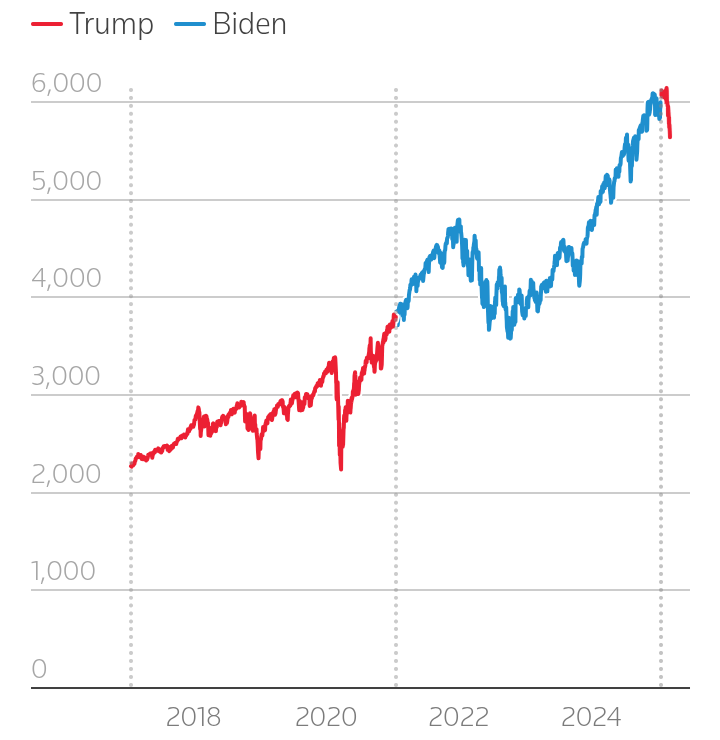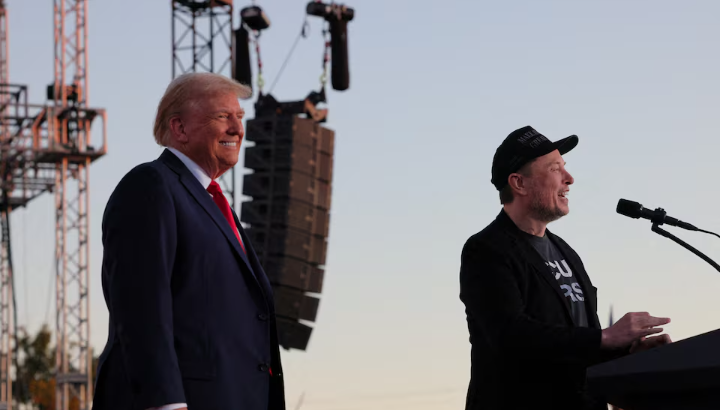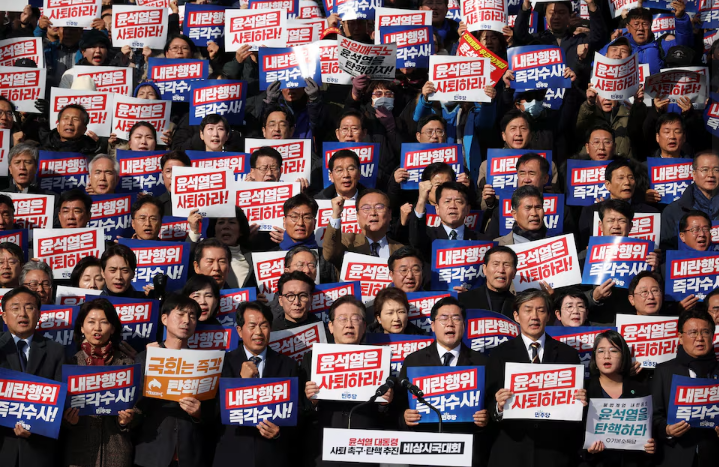The White House is actively countering growing public concerns about a potential recession, emphasizing the underlying strength of the U.S. economy. Despite recent market volatility and economic indicators suggesting a slowdown, officials maintain that key sectors such as employment and consumer spending remain robust. White House economic adviser Kevin Hassett expressed optimism, predicting that the U.S. economy would register positive GDP growth in the first quarter of 2025. He acknowledged uncertainties stemming from President Donald Trump's trade policies but anticipates resolution in the near future.
However, financial markets have reacted negatively to ongoing trade tensions and tariff implementations. Wall Street recently experienced a significant sell-off, with major indices like the Dow Jones and Nasdaq suffering notable declines. Tesla's shares, for instance, have plummeted by over 50% from their peak, partly due to concerns over CEO Elon Musk's political engagements. Economists, including those from Goldman Sachs, have increased the probability of a U.S. recession to 20%, citing the impact of tariffs and rising inflation.
President Trump has not dismissed the possibility of a recession this year, attributing potential economic challenges to his administration's tariff strategies and efforts to reduce government spending. He describes this phase as a necessary transition aimed at restoring American wealth and manufacturing. Commerce Secretary Howard Lutnick echoed this sentiment, expressing confidence in the administration's economic measures and dismissing fears of a recession.
The administration has also announced significant cuts to foreign aid programs, reducing 83% of all U.S. aid initiatives. This move aligns with the administration's focus on domestic economic interests and has raised concerns about potential global economic repercussions. These policy shifts, combined with weak job data and the unpredictability of tariff announcements, have contributed to market uncertainty and a decline in consumer confidence.
In response to these developments, investors have sought safer assets, leading to a decline in Treasury yields. The bond market's reaction reflects apprehension about the administration's fiscal policies and their potential to slow economic growth. Despite these concerns, the White House continues to project confidence, emphasizing the economy's resilience and the anticipated benefits of current policies in the long term.





